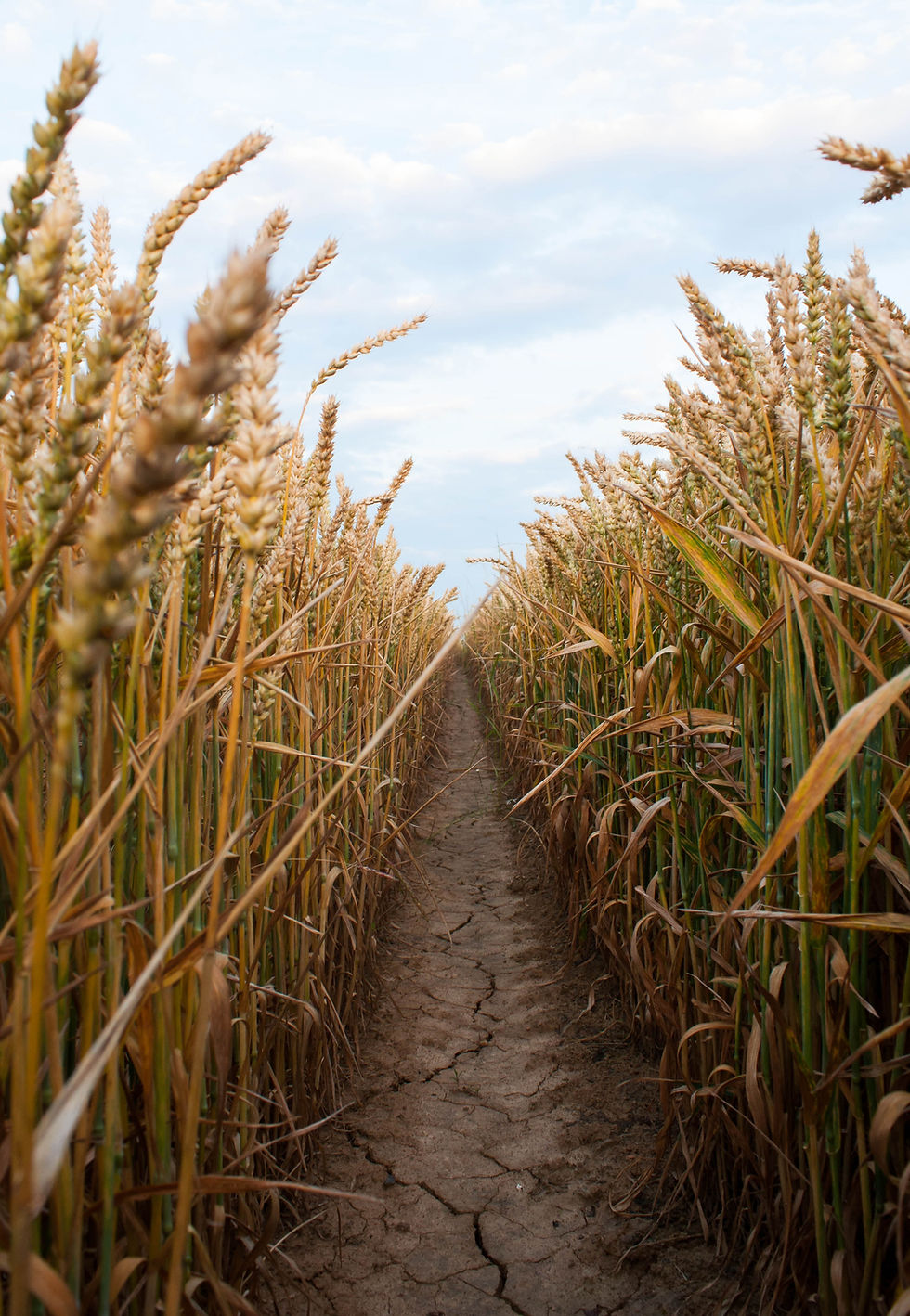The Differences Between Organic and Conventional Beef Farming
- Blackbird Acres

- Mar 31, 2024
- 2 min read
Hello everyone,
Today, I want to delve into the nuanced world of organic versus traditional beef farming. This topic gets considerable attention in agricultural circles, as farmers and consumers alike weigh the merits of different production methods and their impact on the environment, animal welfare, and human health.
Organic beef farming is characterized by a commitment to natural and sustainable practices. Cattle are raised on pastureland, where they graze on pesticide-free grass, and synthetic inputs like antibiotics and hormones are avoided. This approach emphasizes environmental stewardship and animal welfare, appealing to consumers who prioritize transparency and holistic farming methods.

Conversely, traditional beef farming encompasses a spectrum of production systems, ranging from pasture-based operations to feedlot confinement. While some traditional farms may utilize conventional inputs to promote growth and prevent disease, others prioritize grass-fed and pasture-raised practices that align more closely with organic principles. This diversity allows for a range of choices to accommodate different market demands and farming philosophies.
When considering the merits of organic versus traditional beef farming, it's essential to weigh the pros and cons of each approach:
Pros:
Environmental Sustainability: Organic farming practices prioritize soil health, biodiversity, and resource conservation, reducing beef production's ecological footprint.
Animal Welfare: Organic standards mandate humane treatment of livestock, including access to pasture, outdoor space, and natural diets, promoting the well-being of cattle.
Consumer Confidence: Organic certification provides consumers with assurance of food quality, safety, and integrity, enhancing trust and transparency in the food system.
Health Benefits: Organic beef is free from synthetic pesticides, antibiotics, and hormones, offering consumers a more natural and wholesome option with potentially lower levels of chemical residues.
Market Demand: Growing consumer interest in organic and sustainably produced foods has created opportunities for farmers to capture premium prices and access niche markets for organic beef products.
Cons:
Higher Costs: Organic beef farming often entails higher production costs due to organic certification, organic feed, and additional labor and management requirements, which can increase producers' financial burdens.
Limited Scale: Organic farming methods may be less scalable than conventional approaches, requiring more land, labor, and resources to produce comparable yields, which can pose challenges for large-scale operations.
Certification Requirements: Obtaining and maintaining organic certification involves strict adherence to organic standards and regulations, which can be complex, time-consuming, and costly for farmers to navigate.
Market Volatility: The organic market may be subject to fluctuations in demand, supply, and pricing, influenced by factors such as consumer trends, regulatory changes, and competition from conventional products.
Transition Period: Converting conventional farms to organic production requires a transition period of several years. During this period, farmers must follow organic practices without receiving organic certification or premium prices, potentially impacting profitability and cash flow.
As I delve deeper into the nuances of organic and traditional beef farming, I find myself torn between two compelling paths. As I weigh the pros and cons of each approach, I grapple with the complexity of my decision, striving to find a balance between my ideals and the realities of practicality and profitability.
I'll continue to explore each path and keep an open mind and engage in thoughtful dialogue that fosters greater understanding and collaboration with in the agricultural community.
More soon.
Molly Elliot
Blackbird Acres



